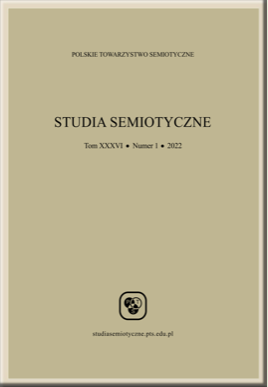ARE EMPTY NAMES ALL THE SAME?
ARE EMPTY NAMES ALL THE SAME?
Author(s): Mirco SambrottaSubject(s): Semiology
Published by: Polskie Towarzystwo Semiotyczne
Keywords: empty names; attitude reports; sententialism; fictional vocabulary;
Summary/Abstract: The chief purpose of this paper is to advance a defence of the old-fashioned view that empty names are neither proper names nor any other kind of interpretable expressions. A view of this sort usually makes it easy to account for the meaning of first-order sentences in which they occur in subject position: taken literally, they express no fully-fledged particular propositions, are not truth-evaluable, cannot be used to make assertions and so on. Yet, semantic issues arise when those very sentences are embedded in the scope of propositional attitude verbs. Such (intensional) constructions, indeed, turn out to be literally meaningful, truth-evaluable, and eligible for making assertions. The novel solution put forward here is to combine a version of sententialism with the idea that de dicto reports play a distinctive kind of metalinguistic expressive function. Roughly, that of enabling the ascriber to make explicit a mismatch between the way the embedded sentences are used by the ascribee and the way they are ordinarily used ̶ and, in turn, a mismatch between the way the (empty) names occurring in them are used by the ascribee and the way they are ordinarily used. Fictional names are then regarded as a mere subset of empty names. Accordingly, the above strategy is applied to account for the meaning and use of parafictional (and fictional) sentences and fictional vocabulary in general.
Journal: Studia Semiotyczne
- Issue Year: 36/2022
- Issue No: 1
- Page Range: 97-118
- Page Count: 22
- Language: English

